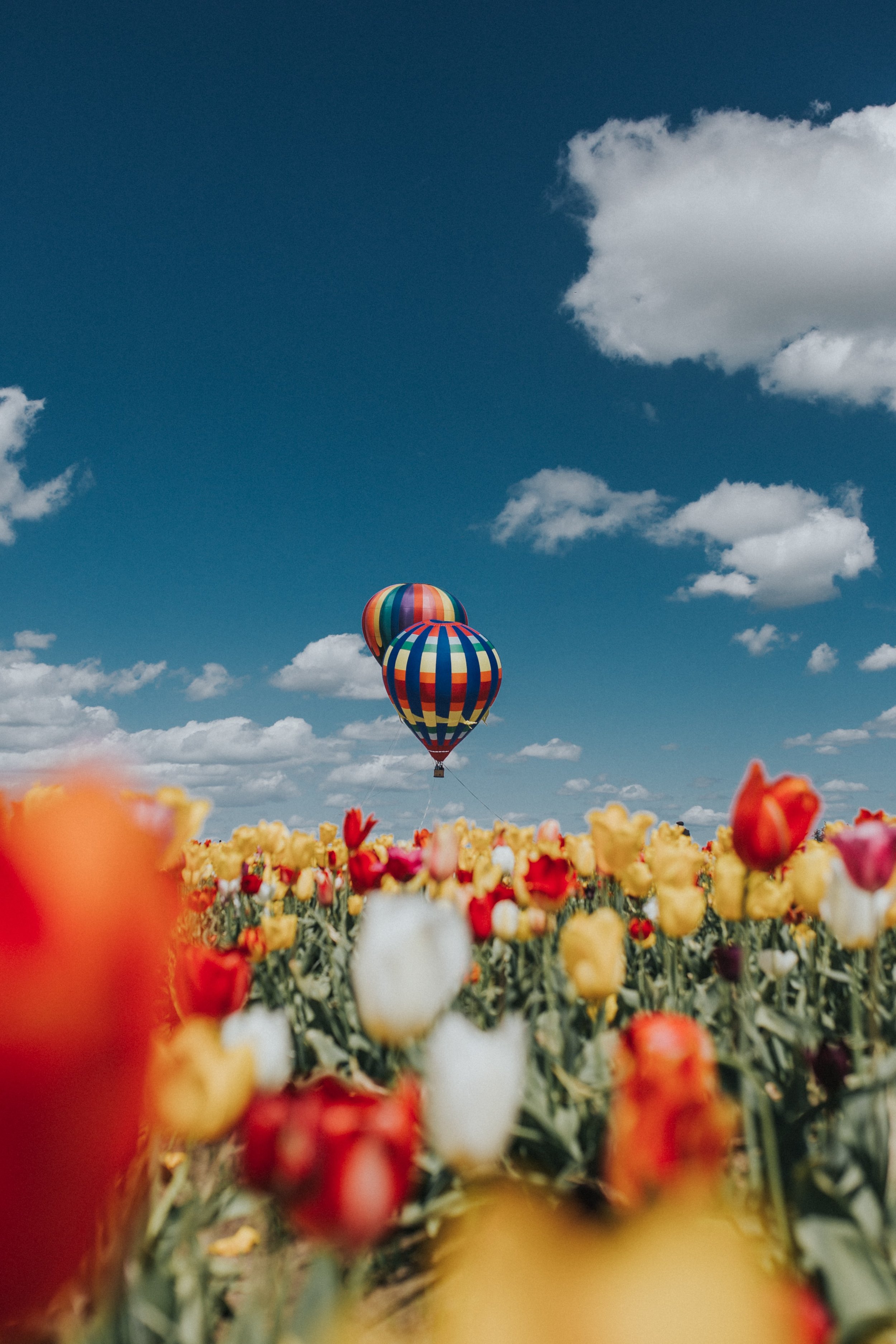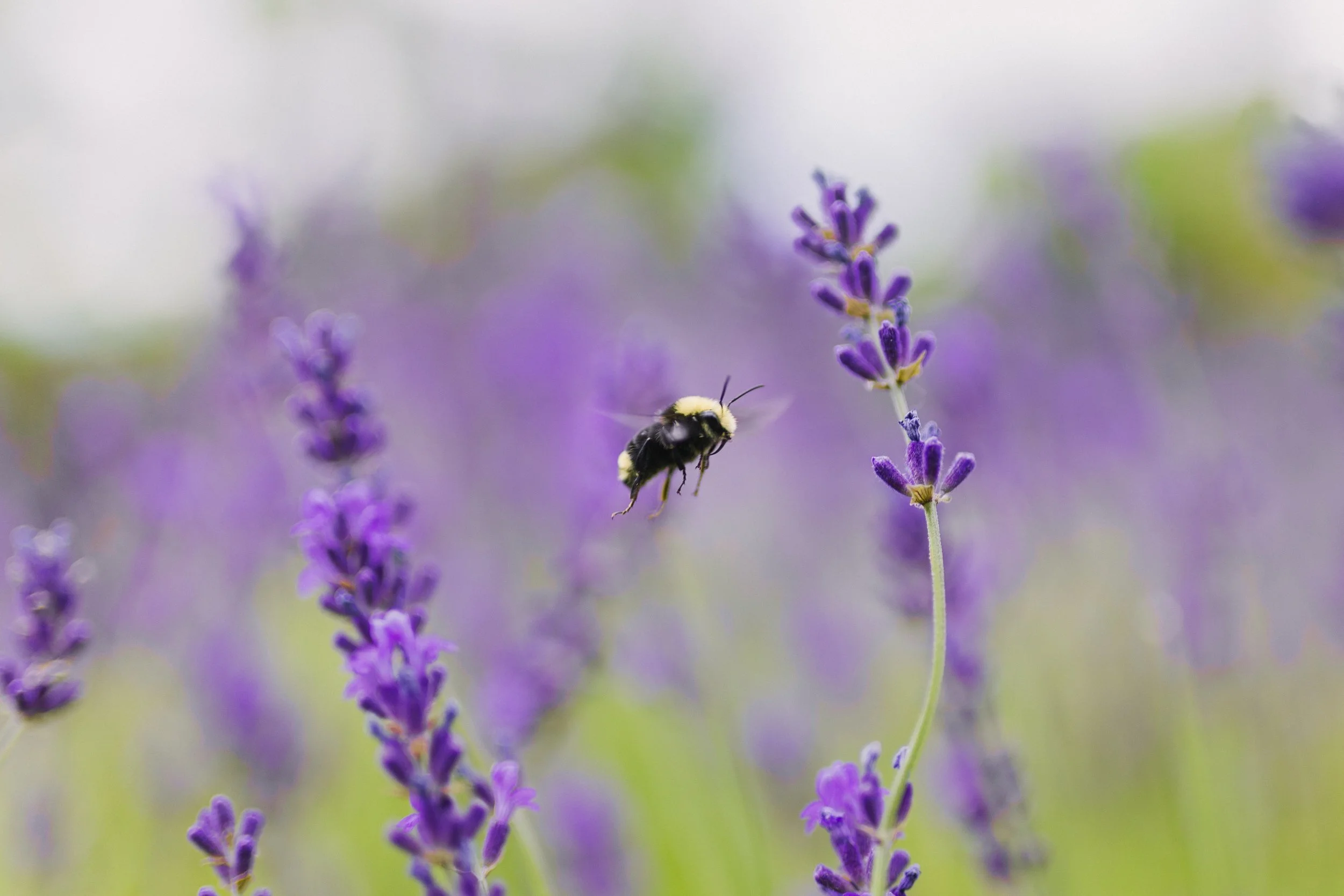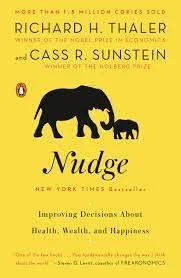Lecture 17:
Strategies in Practice:
Helping Others and Helping the Planet
"Regard Heaven as your Father, Earth as your Mother, and all things as your Brothers and Sisters.”
- Native American Proverb
Although we are currently living in the most prosperous time humanity has ever experienced, dire ills remain that threaten this prosperity, and perhaps even our very survival. Our societies are fraught with anxieties of climate change, disease, human rights, social injustices, divisions in physical, emotional, and mental connection, and so much more. Considering our society’s monetary and material lust, and inability to act swiftly and altruistically, we may easily believe that our future is doomed. However, with commitment to daily individual and collective change, we have the capacity to be happier, healthier, and to lead more purposeful lives for the greater good, while consuming less. Will the tools taught in this course provide a definitive solution to all our society’s problems? No. But, by consistently applying these methods to our own lives - we will inevitably improve, not only our lives, but the lives of those around us. We can integrate happiness skills into education, businesses, and governments - creating and maintaining real, systematic changes for the benefit of all beings (and the planet as a whole!).
A key reminder towards helping others and the planet is to go forth courageously, in the original meaning of the word - to speak one’s mind by telling all of one’s heart - or wholeheartedly. You should NOT be scared into action or inaction. Rather, you should realize positive actions and goals - for ourselves and communities - toward mutual support, growth, and understanding. Remember, fear activates the amygdala (our emotional part of the brain) and reduces the functional operation of the prefrontal cortex (our ability to reason and think logically) and pushes us into fight/flight/freeze mode. Recurring or constant fear and anxiety leads to burn-out over time and produces no real, pragmatic advancement. Neurologically, scaring anyone into long-term actions is a poor and fruitless tactic, which is why we urge you not to practice these methods with fear-based thoughts of the future, but with thoughts of positive engagement that support your and other people’s capacity for betterment - focus on seeking out potential among all of the challenges. Use Growth Mindset! A challenge is an opportunity for growth. Choose to see your potential and you begin to realize it. See the potential in others and help them to realize it as well. Living in fear only creates division, separation, and suspicion; living in opportunity fosters connection, empathy, compassion, and the feeling “I have enough”.
At a party given by a billionaire on Shelter Island, Kurt Vonnegut informs his pal, Joseph Heller, that their host, a hedge fund manager, had made more money in a single day than Heller had earned from his wildly popular novel Catch-22 over its whole history.
Heller responds,“Yes, but I have something he will never have — ENOUGH.”
In addition to Brother David Steindl-Rast’s “Grateful Living” methodology, we would like you to consider practicing “Stewardship Living.” A “steward” takes care of and maintains responsibility over that which is considered worth protecting and preserving. Thus when we live as a “steward,” we are constantly reminded and emboldened with the fact that we matter and our behavior matters - that we must take ownership over every thought, feeling, and action. We are the protectors and preservers of our deeply valuable lives. Stewardship and happiness go hand-in-hand, as both involve daily action through agency and the countless individual, conscious choices it takes to create a fulfilling life. If you want meaning in your life, you must bring forth that meaning through your thoughts, feelings, and actions - you must own all of it! Be intentional. Learn to own your failures and mistakes and you will alchemize them into opportunities for betterment. You are on this planet for a reason, and the world needs you, your abilities, creativity, and love in order to heal from its ailments.
If you remember the Barrett 7 Levels of Consciousness and 4 Levels of Happiness Models from previous lectures, both paradigms encourage the concept that the most enduring happiness is sourced from selfless service, contributing to a higher purpose - beyond our individual needs. It is a neurological fact that we become happier when we choose gratitude and giving to others, and this is especially true when we face the most difficult challenges in our own lives. So, what is it that you are most curious or passionate about in life? Will you love what you do? Are you good at it? Is it practical? But most importantly, will it help the world?
Lecture - Strategies in Practice - Helping Others and Helping the Planet
This Lecture highlights efforts to help others and help the planet. It is labeled as Lecture 6 for a short course, but is part of Lecture 17 here.
Learning Objectives:
Our society is on track to increased health, life expectancy, and overall well-being
We are in the most prosperous moment of history with an above flourishing nation and resources
We cannot ignore the egregious challenges we still face despite our prosperity; for example, prosperity isn’t divided equally – major inequities exist
We need to plan better for the future. Although it’s unlikely we’ll “kill” the planet (eg in 10 mill years, it’s likely the planet will be thriving) – our future prosperity (eg > 100 yrs) is in jeopardy if we don’t act carefully in the coming century
By developing and cultivating our minds to see more clearly, to be more resilient, and to be “happier,” we can better effectively contribute to the solution of these large problems
Contribution to the greater good doesn’t need great sacrifice. If everyone took a positive growth mindset about “we” instead of “me” we could create a sustainable, just, and fair world
Putting Happiness into Practice:
Weekly Activity:
Write a letter to your future self!
How are you doing now and how have you been able to cope the last year or two? How do you feel at this time and how do you feel about the future? What are you goals for the year, and what will you do that is different over the next 12 months. And finally, what would you like to tell your future self?
Retake Happiness Survey here!
Did your score change? How did it change? Even if it didn’t change, do you feel you now have the skills to develop more happiness, less stress, and more fulfillment in your life?
Read
BBC’s article, “Why We Need to be More Emotional to Save the World” - Ari Wallach
-
SCHOLARLY PUBLICATIONS
Free pdf academic article, “Social Determinants of Health 201 for Health Care: Plan, Do, Study, Act” - Sanne Magnan
Free pdf academic article, “The New Science of Wise Psychological Interventions” - Gregory M. Walton
Free pdf academic article, “Nudging — A Promising Tool for Sustainable Consumption Behavior?” - Matthias Lehner
POPULAR SOURCES
Greater Good Magazine’s article, “Why Taking Care of Your Own Well-Being Helps Others” - Jill Suttie
Watch
-
“How to be happy everyday: it will change the world” - Jacqueline Way



